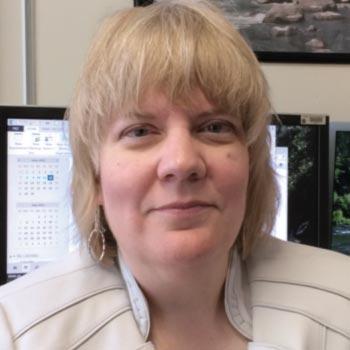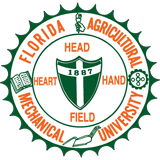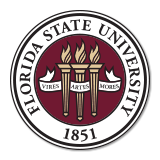If you’d told her she’d be overseeing a team of NASA engineers for projects like combustion stability on rocket engines, alumna Melissa Van Dyke would not have believed you. Currently Deputy Manager of the Flight Partnership and Programs Chief Engineer's Office at the Marshall Space Flight Center, Van Dyke graduated in Mechanical Engineering from Florida State University (FSU) in 1990. While in the Department, she focused on courses geared toward the aerospace industry; thus fluid dynamics and aerospace classes called her name.

Following graduation, Van Dyke landed her dream job of working on launch vehicle propulsion systems at Marshall Space Flight Center. Since then, she’s worked on a variety of projects at Marshall, including “everything from launch vehicles to the International Space Station.” Van Dyke was also a part of the development of the first U.S. facility to test nuclear systems through non-nuclear methods, specifically, simulation of fission heating and power deposition through resistance heating. In fact, she was one of the first two people at NASA to be involved with non-nuclear testing.
In addition, she has worked on a software code used for the world’s most powerful turbo machinery, the Space Shuttle Main Engine Turbo Pumps. This code has since been sought after by other government organizations and universities in both the United States and Canada.
Currently, as a Deputy Manager of the Flight Partnership and Programs Chief Engineer's Office, Van Dyke is guiding others who are working on several projects such as combustion stability testing for LOX rich staged combustion engines, Orion’s Launch Abort System solid rocket motors, liquid engines for planetary landers, and microgravity science glove boxes for the International Space Station.
For her work, Van Dyke has received such awards as the NASA Leadership Medal, the Center Director’s Commendation Award, and the Space Flight Awareness Award in Management. While awards are symbols of accomplishment, Van Dyke takes joy in the work that goes into the projects in which she is involved and seeing the team reach their potential when they deliver the product. To her it’s important to think about what everyone should be doing as a team and how everyone can interact more effectively to complete the projects at hand. Indeed, when asked what advice she has for future engineers, Van Dyke shares, “Decisions are never made based on technical rationale alone. The most effective engineers are those who realize there are other factors that weigh into a decision such as cost and schedule. The most effective leaders are those who understand how people can affect decisions. If your team believes in the same goal and recognizes that everyone wants to make a contribution, you can work through just about anything.”
At the Marshall Space Flight Center, Van Dyke’s success comes from team efforts. She advises that working toward your goals includes learning from others. “If you want your project to be successful, you must find others who do what you can’t,” she comments.
Considering her accomplishments, we’re on board to follow suit.

